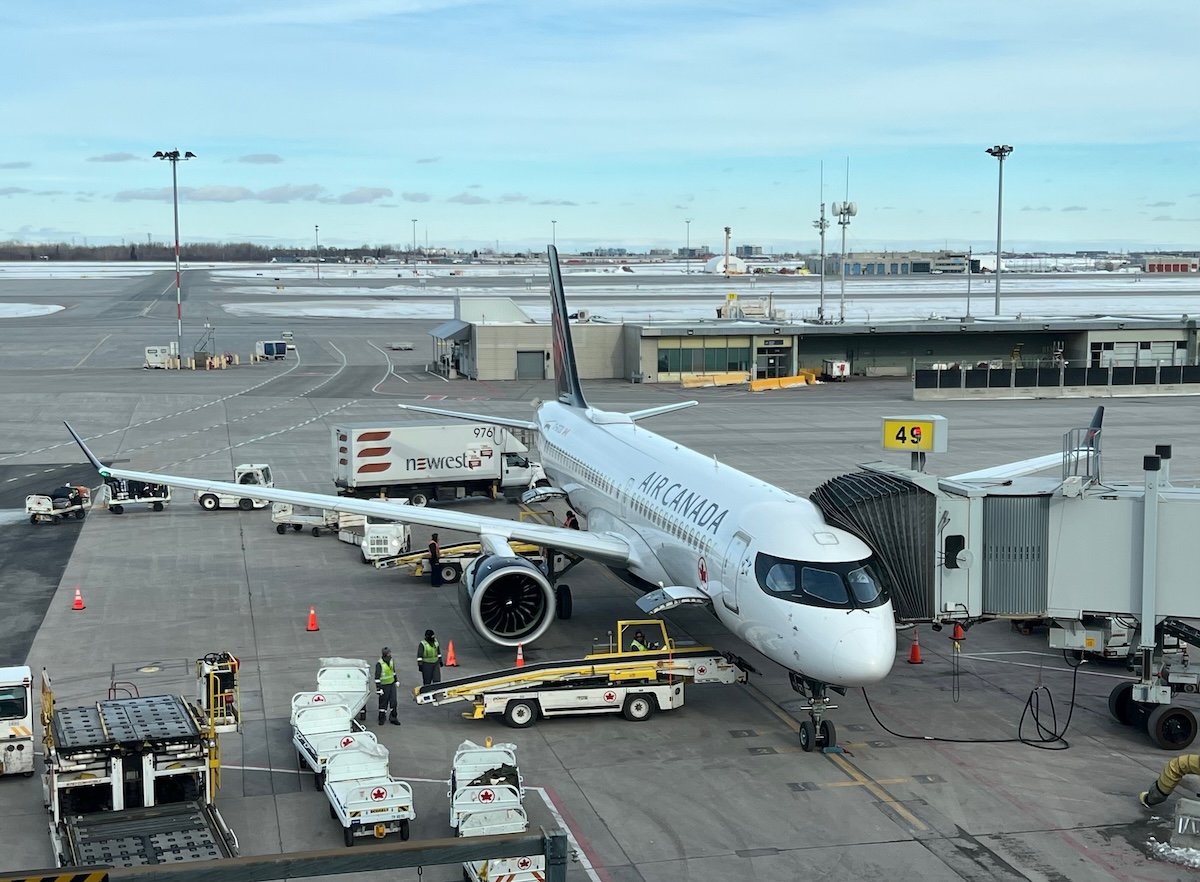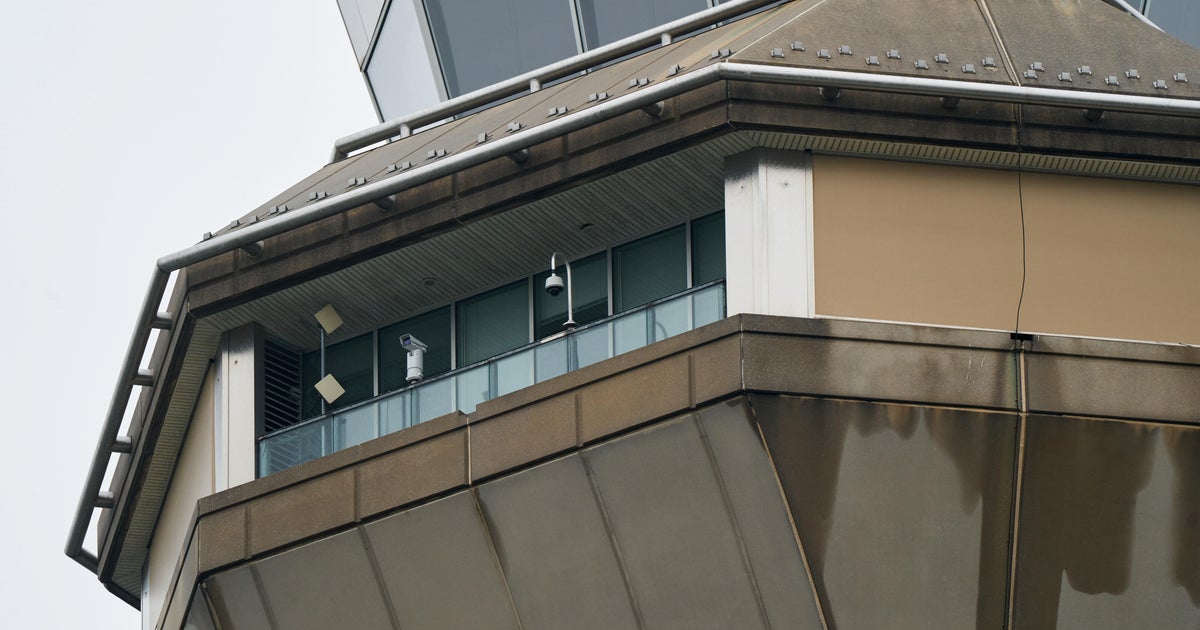In mid-August 2025, we saw Air Canada flight attendants go on strike for a period of around four days. It’s one of the messiest labor disputes that we’ve seen in the industry in a long time, given that all Air Canada and Air Canada Rouge flights were grounded, then the government ordered flight attendants to return to work, and then they defied that order.
Eventually, the union agreed to have flight attendants return to work, under the agreement that they could vote on Air Canada’s new wage offer, and if it’s rejected, then go to mediation, and then go to arbitration. So along those lines, there’s now an update…
Air Canada flight attendants reject new wage offer
The Canadian Union of Public Employees (CUPE) has announced that voting has wrapped up among flight attendants for Air Canada’s latest wage offer. Voter turnout was 94.6%, and of those who participated, 99.1% voted against ratifying the contract.
The issue of wages will now proceed to mediation, and then arbitration, if necessary. The union claims that flight attendants were able to obtain partial pay for some of their ground duties in this round of bargaining, but states that “this is only the beginning.”
The union also blasts the federal government as playing a “corrosive role” in this entire situation, and that “rather than maintaining their neutrality, the federal government kept their thumb on the scale throughout the bargaining process and gave Air Canada the leverage they needed to suppress flight attendants’ wages.” Here’s what Wesley Lesosky, President of Air Canada’s CUPE, had to say:
“Air Canada never bargained in good faith on wages. By CEO Michael Rousseau’s own admission, the company expected the federal government to intervene and take away the only leverage we had – our right to go on strike. Jobs Minister Patty Hajdu only waited 11 hours to prove the company right.”
Indeed, he’s not wrong about that. In an interview with Air Canada’s CEO during the strike, Rousseau was asked by a reporter why the airline didn’t make any provisions to ensure passengers would get to where they needed to go. His answer (at the 2min30sec mark below) was that “well, we thought obviously, the Section 107 would be enforced, and that they wouldn’t illegally avoid Section 107.”
So yeah, I don’t want to say that Air Canada wasn’t negotiating in good faith, but the airline clearly didn’t think the government would actually allow the strike to happen. I find it even stranger that the government allowed the strike to start, but then decided to step in hours later, when much of the damage had already been done.
The union argues that even with proposed wage increases, Air Canada flight attendants will earn less than the federal minimum wage:
“Even with the proposed increase, Air Canada flight attendants would still earn less than federal minimum wage, which is $17.75 per hour or $2,840 per month on a 40-hour workweek. By contrast, a full-time Rouge flight attendant would earn just $2,219 per month, and a full-time mainline flight attendant would earn only $2,522 per month. Full-time workers at a flagship corporation and the national air carrier should not be earning less than minimum wage and qualifying for income supports.”
This will be an interesting case for arbitration
Labor negotiations of this scale are of course consistently complicated. The job of management of a publicly traded company is to maximize profits, while the goal of a union is to provide the best outcome for members. As much as we’d like to think that paying people well leads to better service, those two concepts are often at odds with one another.
Now this case is going to mediation, and if that’s not successful, it will go to arbitration. What’s interesting is that on the surface, Canada makes it fairly easy for workers to actually go on strike. That’s different than in the United States, where airline unions can vote to authorize a strike, but then actually being allowed to go on strike is virtually unheard of, due to the Railway Labor Act.
While Canada has a liberal government, it’s noteworthy how quickly they squashed the ability of the union to go on strike. Air Canada’s CEO admitting that they weren’t actually expecting flight attendants to be allowed to go on strike is quite something.
I’m curious to see how this all plays out. The airline industry is incredibly challenging. It’s low margin, highly cyclical, and impossibly complex. I understand the need for airlines to keep their costs as low as possible. In the US, we’re seeing the practical implications of the increased labor rates, which is that profits are even more centralized among a couple of carriers.
At the same time, I can of course appreciate the desire for those providing service in the industry to earn a decent wage, so that they can support themselves and their families. That shouldn’t be an unrealistic ask.
If this does go to arbitration, I’m curious where the arbitrator ends up drawing the line in terms of deciding what’s fair.

Bottom line
Air Canada flight attendants have voted down the company’s wage offer by over 99%, as the latest development in this messy labor dispute. This follows the mid-August strike, whereby the airline came to a standstill for nearly four full days.
The government ultimately saved Air Canada from the strike dragging on, and now the two parties will be going to mediation, before going to arbitration (assuming the mediation doesn’t work out). I’m curious to see what kind of a deal they end up agreeing on with this third party involvement.
How do you see this mediation and arbitration situation playing out?
Source link

